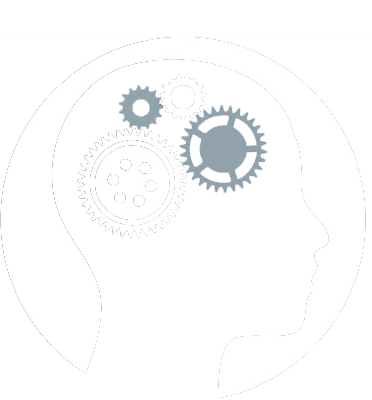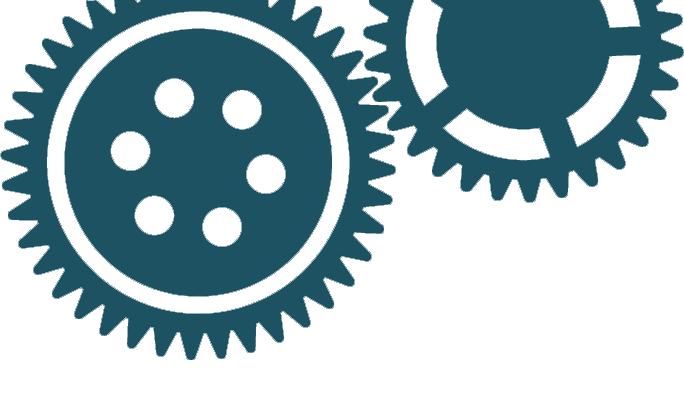How we do it
How we do it
LIE DETECTORS deploys journalists and selected media experts to teach classroom sessions, recruiting them primarily from alumni circles of recognised journalism schools. The project operates in Austria, Belgium and Germany, with more countries to follow. Classroom sessions are free of charge.
Professional journalists and media experts teach the 90-minute sessions in the presence of a teacher, offering follow-up material where desired. Sessions include an overview of fake news, methods of testing for misinformation, and analysis of drivers of the fake-news phenomenon. Interactive sections – designed to suit the relevant age group – help children understand how mainstream media selects news and may insert bias to present a picture of reality that is often incomplete. Material for homework or follow-up sessions – where requested – allows children to develop deeper a understanding of selective storytelling and perspective. All services offered to classrooms are free of charge and aim to reach a broad and diverse range of schools in Europe.
LIE DETECTORS has experienced intense interest in its pilot program from schools, journalists, potential funders and policymakers. As of December 2019, it has
- designed and tested classroom sessions lasting 90 minutes for target age groups and collected feedback from more than 8500 children and their teachers*;
- successfully transferred the sessions from Belgium (French and English-speaking classrooms) to Germany and Austria (German-speaking classrooms);
- trained and enrolled 200 journalists for classroom visits;
- introduced the project to lawmakers, politicians, journalists, teachers and the general public at closed-door and public events with audiences ranging from 50 to 15,000 in Germany, Belgium, Bosnia&Herzegovina and Denmark among others. LIE DETECTORS has presented its concept to an audience of 15,000 at the Leipzig Festival of Light, which commemorates the German city’s role in ending communism.
- won the European Commission’s 2018 EU Digital skills award for its work in education. The awards are granted to recognise initiatives that have improved the digital skills of Europeans at school, at work, for ICT specialists, for girls and women and in society in general.
At its inception, the work of LIE DETECTORS work is aimed predominantly but not exclusively at school-aged children and their teachers, with a view to increasing general interest in and access to news literacy programs in Europe. LIE DETECTORS is currently active in Belgium, Germany and Austria. It will expand operations in these countries and pursue partnerships with relevant collaborating bodies to expand its program to other European countries. Countries currently being considered include the Netherlands and Poland.
LIE DETECTORS is a member of the European Commission’s High Level Expert Group on Digital Disinformation and Fake News, a 39-member advisory body launched in 2018 with the goal of proposing lasting solutions to online disinformation. Its principal aim within this group is to boost critical media and news literacy across Europe and to advocate for media and information literacy to be both taught in teacher training colleges across Europe and to be adopted as a key gauge for school ratings such as the OECD’s Pisa rankings.
LIE DETECTORS is non-political and its remit universal. It takes no funding from corporations including internet platforms. The success of LIE DETECTORS should be judged on the number of classrooms it reaches and its ability to operate across different countries, languages and cultures. It should be judged on the success of its aim to empower people to base choices on reliable information and be actively aware of bias and persuasion.



